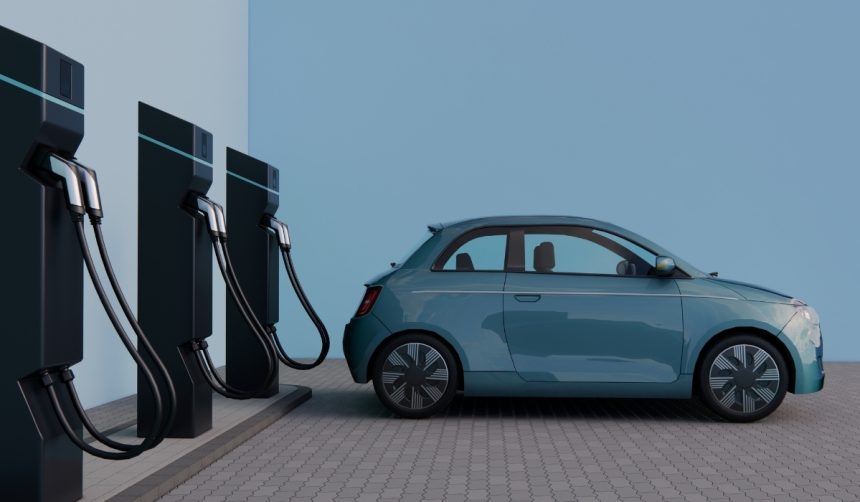The U.S. government has initiated a substantial $3 billion initiative to strengthen domestic production of electric vehicle (EV) batteries and reduce dependence on Chinese manufacturers. This investment aims to foster the development of battery manufacturing projects across 14 states, responding to the growing demand for EVs in the United States. The measure highlights a strategic push to bring battery production back to American soil, generating jobs and stimulating local economies.
What is the aim of this new funding?
The initiative intends to attract investment in domestic battery cell production by awarding funds to projects that fulfill specific criteria. The Department of Energy has extended support to 25 projects, a significant increase from the previous program grant that provided $1.82 billion to 14 projects. The heightened funding reflects a concerted effort to bolster local manufacturing capabilities in the face of competition from Chinese companies, particularly CATL and LG Energy Solutions.
What projects are receiving funding?
Albemarle has received $67 million for a facility aimed at producing anode materials for next-generation lithium-ion batteries. Additionally, Honeywell will be awarded over $126 million to establish a production site in Louisiana for electrolyte salt. Other significant grants include $100 million earmarked for Dow to create battery-grade carbonate solvents and $150 million allocated to Clarios Circular Solutions for a project in collaboration with SK ON and Cosmo Chemical.
What is the expected economic impact?
The initiative anticipates generating a total investment of approximately $16 billion, alongside the creation of around 12,000 jobs in production and construction. U.S. Secretary of Energy Jennifer M. Granholm highlighted the initiative’s potential to revitalize communities and strengthen domestic energy security. The government aims not only to support the clean energy transition but also to regain leadership in battery manufacturing on a global scale.
Focusing on boosting domestic production of EV batteries is a recent trend initiated by various governments concerned about supply chains and economic independence. Other countries have also implemented similar measures to enhance local manufacturing in the wake of global supply disruptions. The U.S. approach reflects an emerging global strategy among nations seeking to reduce reliance on specific manufacturers for critical technologies such as battery production.
Investing in local battery production aligns with broader goals of energy independence and workforce development. As the demand for electric vehicles rises, establishing a robust domestic supply chain for battery components becomes essential for fostering innovation and sustainability in the automotive sector. This concerted effort may set the stage for significant advancements in battery technology and production capabilities.










